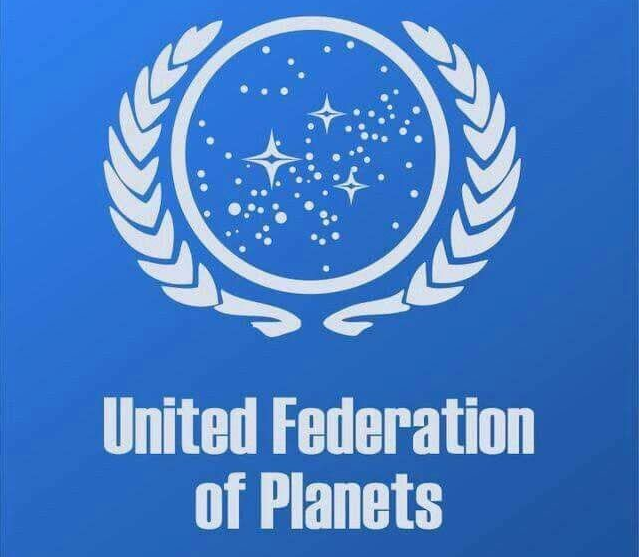Rudimentary Concept of the System
You start by choosing a Race, you select your Star Fleet Academy training, from those you get your base Attributes, and a set list of skills. You add your modifiers which create a success number. Rolling a d20 (or multiples) you must roll below that number to create 0, 1, or 2 successes.
Core Concepts You May Be Overlooking:
- Momentum and Threat:
- When you roll successes beyond what you need, you generate Momentum, a shared resource for the group. It can be spent to buy additional dice, gain information, or improve outcomes.
- The GM uses a similar resource called Threat, which represents danger and complications. Players can add to Threat to buy dice or make narrative concessions. Threat is also generated by rolling complications.
- Values and Determination:
- Characters have Values, personal principles that guide their actions and roleplay. Invoking a Value lets you spend Determination (a powerful resource) to gain automatic successes or re-roll dice.
- Compromising or challenging a Value creates dramatic story moments and rewards you with additional Determination.
- Focuses:
- These are areas of expertise (e.g., Astrophysics, Hand-to-Hand Combat) that expand your critical success range. When a Focus applies, a roll of ≤ your Discipline counts as a critical success.
- Tasks and Difficulty:
- Tasks are rated by Difficulty (number of successes required). Difficulty ranges from 0 (routine) to 5 (impossible). A Difficulty 0 Task can generate Momentum without risk.
- Complications:
- Rolling a natural 20 (or a 19-20 under some circumstances) creates Complications, which introduce setbacks or narrative twists, even if the task succeeds.
- Teamwork and Assistance:
- Star Trek emphasizes collaboration. Other players can assist by rolling a single die using relevant Attributes and Disciplines, adding successes to the lead character's roll.
- Extended Tasks:
- Some complex problems are resolved through Extended Tasks, requiring accumulated successes over multiple rolls. They use a mechanic called Work Track, with Magnitude and Resistance factors adding to the challenge.
- The Narrative Framework:
- The system emphasizes storytelling. Every Task roll should tie into the ongoing story, and players are encouraged to describe their approach in narrative terms.
- Momentum and Threat are designed to keep the narrative dynamic, with rising tension and dramatic turns.
- Starships:
- Ship operations involve teamwork. Each crew member contributes with their station's specialty. Ship stats (e.g., Systems, Departments, Shields) and Talents come into play, mirroring personal mechanics.
- Roleplay and Traits:
- Traits define the environment or situation and influence outcomes. They can represent cultural norms, environmental hazards, or situational factors.


Comments